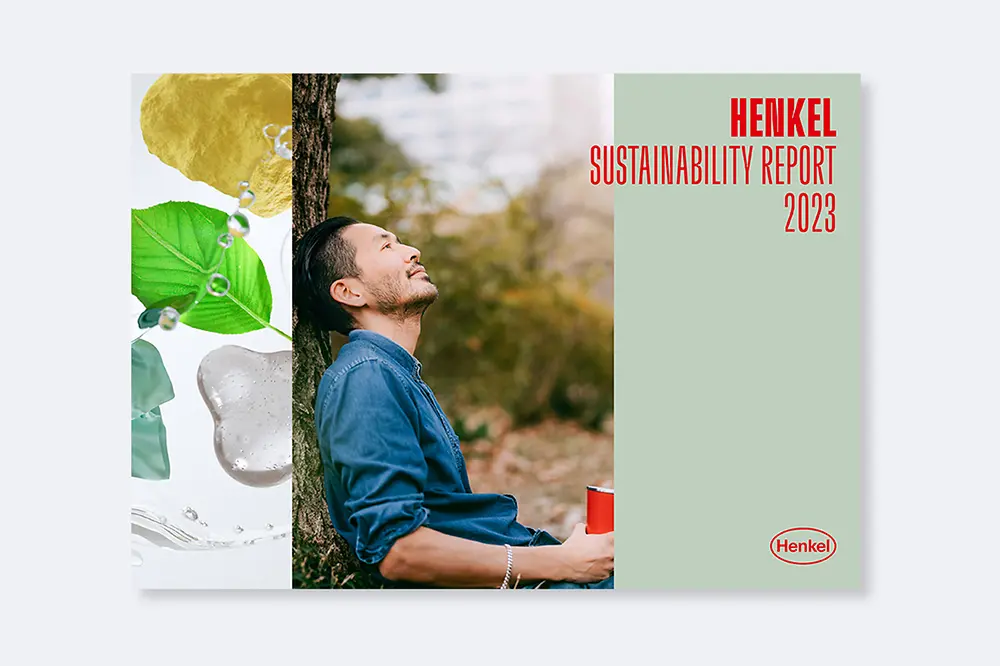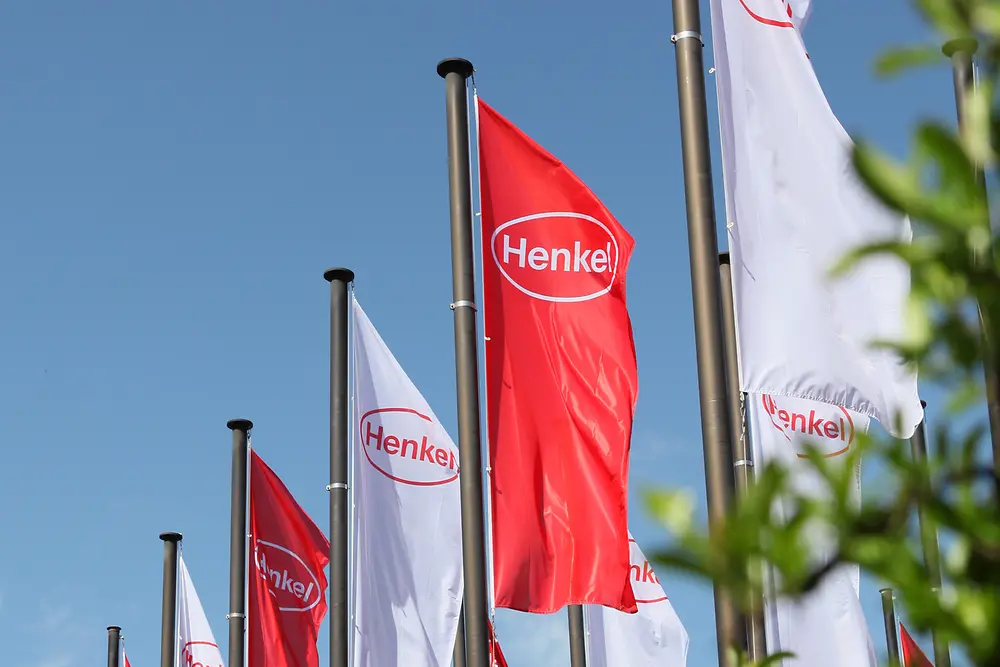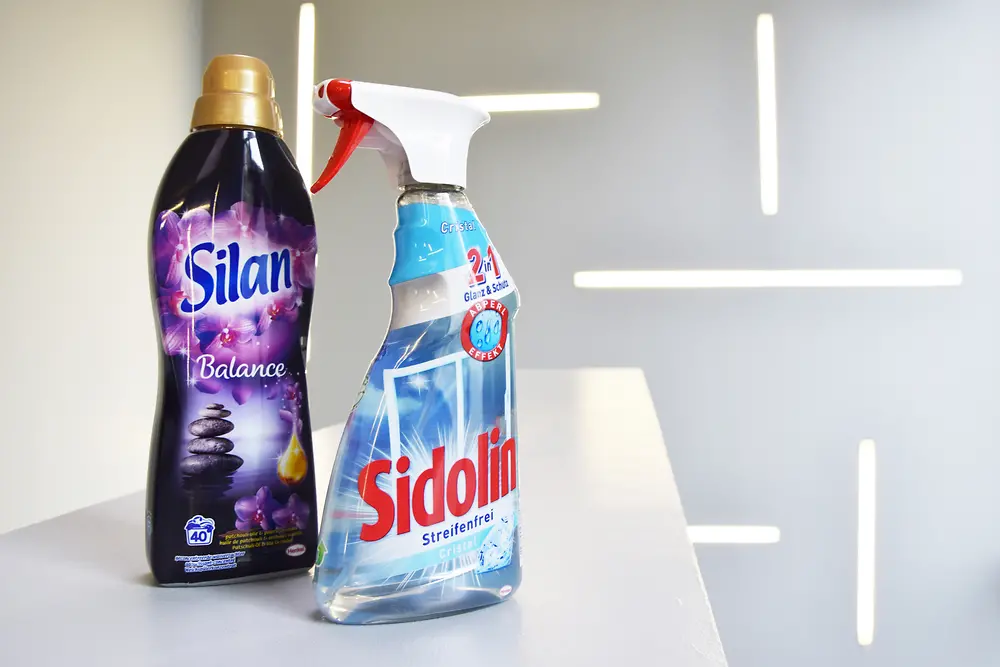Experts from Laundry & Home Care’s packaging development department successfully integrated the recycled plastic in 25,000 bottles for laundry and cleaning products. “We are very pleased with the initial pilot projects of integrating Social Plastic in our packaging. The packaging fulfilled all quality criteria and thus, the products successfully entered the market,” says Vineet Varman, Packaging Manager for Laundry Care. “We want to include even more Social Plastic in our product packaging in the future.”
As part of the partnership of Henkel and Plastic Bank, three plastic collection centers in Haiti were opened this year. The collected plastic is sorted, processed and then integrated into recycling value chains as Social Plastic – material that has been verified by the Plastic Bank to indicate that the collectors received an above-market price for the plastic waste. Henkel has set itself the objective to explore ways of incorporating Social Plastic into its own product packaging to further promote a circular economy.
The pilot projects with Social Plastic are underlining Henkel’s long-lasting commitment for sustainability, also in the field of packaging. Recently, Henkel introduced its new packaging strategy. Together with its partners along the value chain Henkel wants to promote sustainable development. Therefore, the company defined specific initiatives for the three key phases of a circular value chain: Materials from sustainable sources, smart packaging design, closing the loop. Additionally, Henkel has set itself ambitious targets: By 2025, 100 percent of the packaging will be recyclable, reusable or compostable*. Within the same timeframe, Henkel aims to use 35 percent recycled plastic for its consumer goods products in Europe.
Further information on Henkel’s strategic framework for sustainable packaging can be found at www.henkel.com/sustainability/positions/packaging.
* excluding adhesive products where residue may affect recyclability







